Key Takeaways:
- The Mathematics: Blackjack insurance carries a substantial house edge (typically between 5.8% and 7.4%), making it a losing proposition for the vast majority of players over the long term.
- The Misconception: It is not truly “insuring” your hand; it is a standalone side bet on whether the dealer’s hole card is a ten-value card.
- The Exception: Insurance is only mathematically viable for skilled card counters who know the deck is rich in ten-value cards.
It is the moment that pauses the game’s flow. You have been dealt your two cards, the dealer has one card face up—an Ace—and the table goes quiet. The dealer slides their hand across the felt and asks the table: “Insurance? Anyone for insurance?”
For the uninitiated, this appears to be a lifeline. It sounds like a safety net to protect your wager against the dealer’s potential natural blackjack. However, professional players and mathematicians view this option through a very different lens. At The Casino Count, we believe in playing with the odds, not against them.
To understand whether insurance is a savvy investment or a slow drain on your bankroll, we must strip away the terminology and look strictly at the mechanics and mathematics of the bet.
While understanding this specific rule is vital, it is just one piece of the puzzle. To see how this fits into the broader winning approach, we recommend studying our full breakdown in The Ultimate Online Blackjack Guide: Rules, Strategy & Card Counting.
What Is Blackjack Insurance
Despite its reassuring name, insurance is, in fact, a form of risk management. It operates completely independently of your original hand. When you take insurance, you are betting half of your original wager that the dealer has a 10, Jack, Queen, or King in the hole (the face-down card).
If the dealer does have a blackjack:
- Your insurance bet pays out at 2:1.
- You likely lose your original hand (unless you also have blackjack, resulting in a push).
- The net result is usually breaking even for that round.
- If the dealer does not have a blackjack:
- The insurance bet is lost immediately.
- The round continues as normal with your original hand.
Many novices struggle with this concept because casinos market it as “protecting” your main bet. In reality, you are simply making a second wager on the specific composition of the dealer’s hand. For a comprehensive breakdown of the basic rules before diving deeper into side bets, review our guide on how to play blackjack in an online casino.
The Mathematics: Why the Odds Are Against You
To determine if a bet is “worth it,” we must compare the payout odds against the true odds of the event occurring.
In a standard 52-card deck, there are:
- 52 total cards.
- 16 ten-value cards (10, J, Q, K).
- 36 non-ten-value cards.
If the dealer shows an Ace, we know one non-ten card is already on the table. Let us assume we are ignoring your cards for a moment to look at the raw probability (though your cards do matter slightly).
The dealer needs a 10-value card to complete the blackjack.
- Winning the bet: There are 16 winning cards.
- Losing the bet: There are 35 losing cards (51 remaining cards minus the 16 tens).
The ratio of losing cards to winning cards is 35 to 16, or roughly 2.19 to 1.
The casino pays you 2 to 1.
Because the payout (2.0) is lower than the true odds (2.19), the casino holds a statistical advantage. In a single-deck game, this house edge is roughly 5.8%. In a six-deck or eight-deck shoe—which is standard for most UK land-based and online casinos—the house edge on insurance creeps up to nearly 7.5%.
To put that in perspective, the house edge on the main game of blackjack (played with perfect basic strategy) is often less than 0.5%. By taking insurance, you are voluntarily entering a wager where the casino has a massive advantage, turning a skill game into a high-risk gamble.
The True Cost: A £100 Example
To truly understand why insurance drains your bankroll, let’s look at the Expected Value (EV) of a £10 insurance bet over the long run.
Imagine you play 100 hands where the dealer shows an Ace. You decide to take the £10 insurance bet every single time.
- The Cost: You spend £1,000 on insurance bets (£10 x 100 hands).
- The Outcome: Statistically, the dealer will have a Blackjack roughly 30.8% of the time (in a 6-deck game).
- You Win: 31 hands x £20 payout = £620 returned.
- You Lose: 69 hands x £0 payout = £0 returned.
- The Result: You spent £1,000 to win back £620.
- Total Loss: -£380.
By consistently taking insurance, you are effectively agreeing to lose roughly 38% of every pound you wager on that side bet over this sample. While a single win feels good, the mathematics guarantees a loss over time.
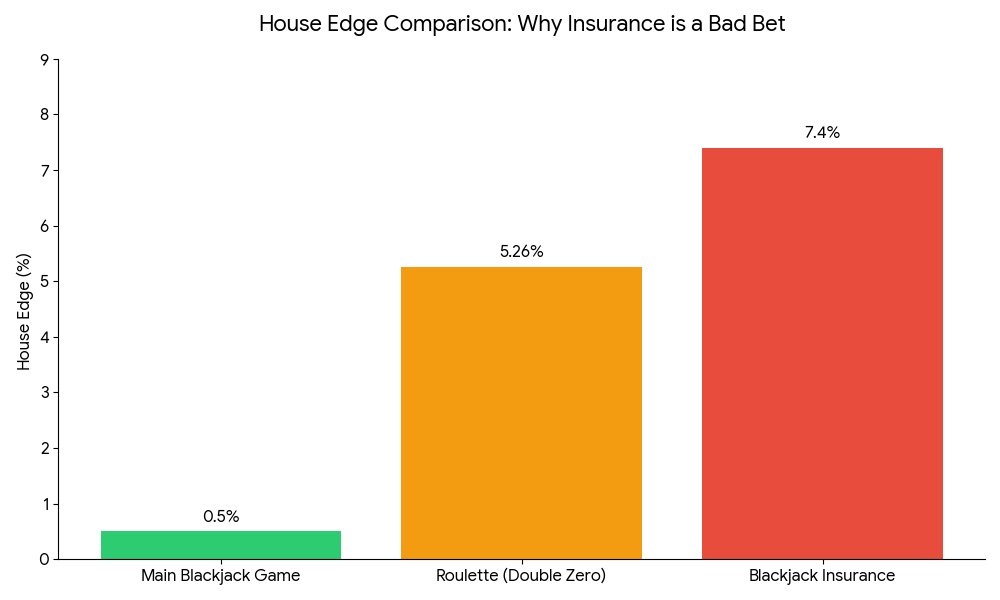
The ‘Even Money’ Proposition
A specific variation of insurance occurs when the player is dealt a blackjack (an Ace and a ten-value card) and the dealer shows an Ace. The dealer will ask: “Even money?”
If you accept:
- You are paid immediately at 1:1 on your original bet, regardless of what the dealer has.
- The round is over.
If you decline:
- If the dealer has blackjack, you push (bet returned).
- If the dealer does not have blackjack, you are paid 3:2 (or 6:5 depending on the table rules).
Many risk-averse players take even money to “guarantee” a win. However, mathematically, taking even money is equivalent to making the insurance bet. You are effectively insuring your blackjack.
Over time, you will make more money by declining the offer. While you will occasionally push and win nothing, the extra payouts from the 3:2 wins when the dealer doesn’t have blackjack will outweigh the times you settled for even money.
When Is Insurance Actually Worth Taking?
We have established that for the basic strategy player, insurance is a losing bet. However, there is a reason professional gamblers exist. Insurance is the most valuable play in the arsenal of a Card Counter.
Card counting involves tracking the ratio of high cards (10s and Aces) to low cards remaining in the shoe.
- The Logic: If the “count” is high, it means the remaining deck is rich in ten-value cards.
- The Pivot Point: When the probability of the dealer having a 10 in the hole exceeds 33.3%, the insurance bet flips from having a negative expectation to a positive expectation.
In the standard Hi-Lo counting system, a player should generally take insurance when the True Count is +3 or higher. At this specific threshold, the remaining concentration of tens is sufficient to overcome the casino’s 2:1 payout deficit.
Unless you are actively tracking the count and know for a fact that the shoe is heavy with tens, the answer remains a firm “no.”
Insurance in Online vs. Land-Based Casinos
The distinction between playing physically and digitally is vital when discussing side bets.
Online RNG Blackjack:
In standard digital blackjack games found in our Beginner’s Corner, the cards are shuffled by a Random Number Generator (RNG) after every single hand. This means the deck composition is reset constantly.
- Consequence: Card counting is impossible.
- Verdict: You should never take insurance in an RNG game. The mathematical probability is fixed at that high house edge of roughly 7.4%.
Live Dealer Online:
In Live Casino games, the dealer uses a physical shoe (usually 8 decks) and cuts the cards, playing through about half the shoe before shuffling.
- Consequence: Theoretically, card counting is possible here, though difficult due to deck penetration.
- Verdict: Unless you are counting, the rule remains the same: avoid the bet.
Common Myths About Dealer Insurance
To ensure you are fully armed with the right knowledge, let us debunk the most persistent myths surrounding this bet.
Myth 1: “You should take insurance when you have a bad hand (like 15 or 16).”
- Reality: Your hand total has no bearing on the dealer’s hole card. A 10 in the hole does not care if you hold a 15 or a 20. In fact, if you hold two high cards (like a 20), you have slightly reduced the number of tens available for the dealer, making insurance an even worse bet.
Myth 2: “It helps reduce variance/swings.”
- Reality: While it might save a single hand here and there, buying insurance increases your overall loss rate over an hour of play. It increases the casino’s hold on your money, which is the opposite of bankroll preservation.
Myth 3: “The dealer is ‘hot’, so I should insure.”
- Reality: Cards do not have memory. A dealer drawing three blackjacks in a row does not statistically increase the likelihood of a fourth. This is the “Gambler’s Fallacy.”
Scenario Analysis: Should I Insure a “Good” Hand?
A common question we receive is: “I have a 20. Should I take insurance to lock in a profit?”
This is often called “insuring for profit,” but it is a mathematical mistake. Let’s break down why your hand strength actually makes insurance a worse bet.
Insurance relies on the dealer having a 10-value card in the hole.
- If you have a weak hand (e.g., 5 and 6): You have two low cards. This means the 10s are still in the deck, slightly increasing the chance the dealer has one.
- If you have a strong hand (e.g., King and Queen): You are holding two 10-value cards in your own hand. This means there are fewer 10s remaining in the deck for the dealer to have.
The Paradox: When you have a “good” hand that you want to protect, the mathematical probability of the dealer having a Blackjack is actually at its lowest. You are paying a premium for an event that is less likely to happen.
Strategic Summary: The Verdict
For 99% of casino visitors, the insurance button should be viewed as a “donate to the casino” button. The house edge is simply too high to justify the wager.
The strategic flowchart is simple:
1. Are you counting cards?
- No: Never take insurance. Never take even money.
- Yes: Take insurance only when the True Count is +3 or higher.
2. Are you playing an RNG online game?
- Never take insurance.
By declining this side bet, you reduce the house edge significantly and give yourself a better chance of surviving the swings of the game.
Final Thoughts
Mastering blackjack is about making the mathematically correct decision on every hand, regardless of your gut feeling. Insurance plays on the psychological fear of losing a hand before it has even started. Still, the numbers prove that bravery—or rather, statistical discipline—pays off in the long run.
If you are looking to refine your strategy further or explore the best platforms to practice your skills, check out the latest insights on The Casino Count Blog. We cover everything from bankroll management to advanced play techniques. GambleAware is a good resource for responsible gambling.
Stay disciplined, trust the maths, and keep the count in your favour.
Contact The Casino Count
Do you have questions about blackjack strategy or want to suggest a topic for our next deep dive?
Email: info@thecasinocount.com
Does insurance ever make sense for a casual player?
No. Unless you are counting cards and know the deck is rich in ten-value cards, insurance is statistically a losing bet. For the casual player, declining insurance is always the correct move.
Is “Even Money” the same as insurance?
Yes. Taking “even money” when you have a Blackjack and the dealer shows an Ace is mathematically identical to making an insurance bet. In the long run, you will win more money by declining it and accepting the 3:2 payout when the dealer doesn’t have Blackjack.
What is the house edge on the insurance bet?
The house edge varies by the number of decks but generally ranges from 5.8% (single deck) to 7.4% (8-deck shoe). Compare this to the main game of blackjack, which has a house edge of under 0.5% with basic strategy.
Can I take insurance if I surrender?
Generally, no. Most casinos require you to complete the insurance round before the surrender option is available. If the dealer has Blackjack, the hand ends immediately, and you cannot surrender.


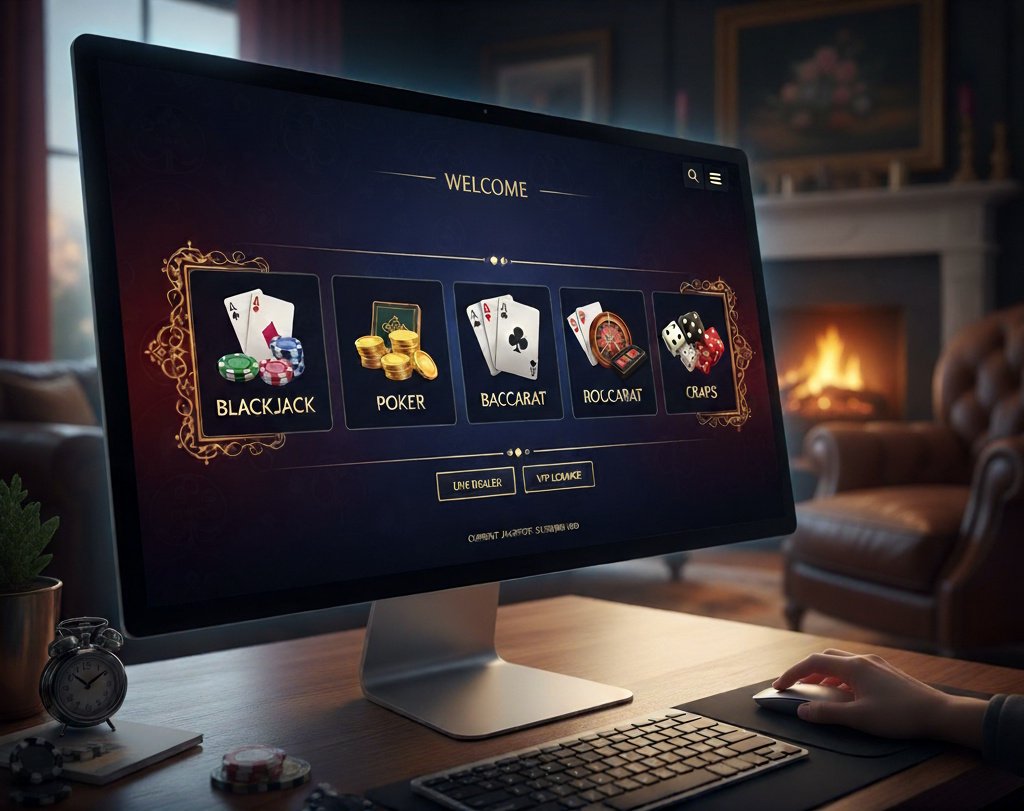
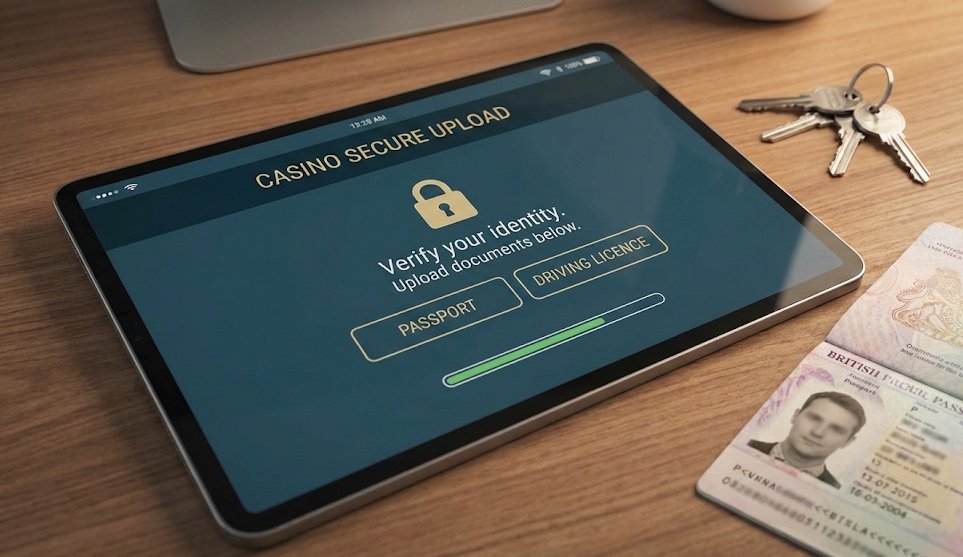
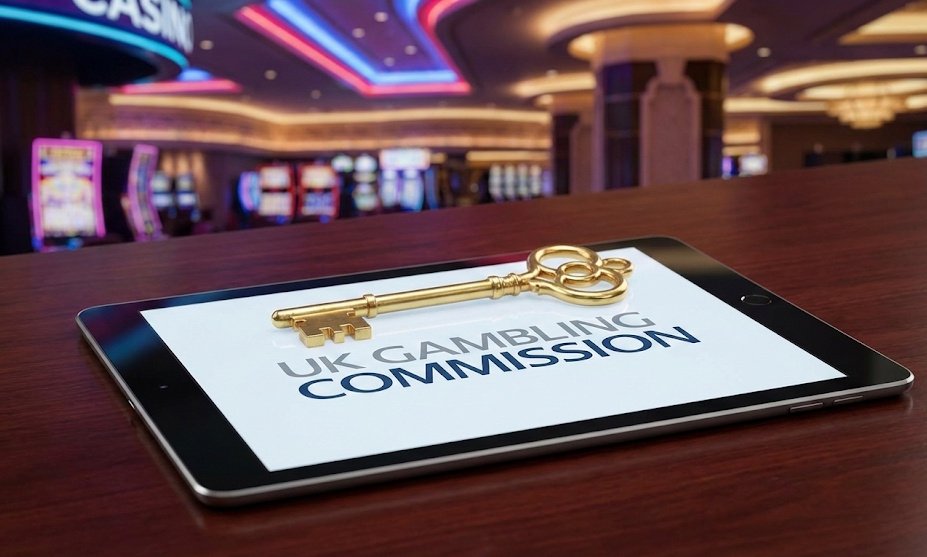
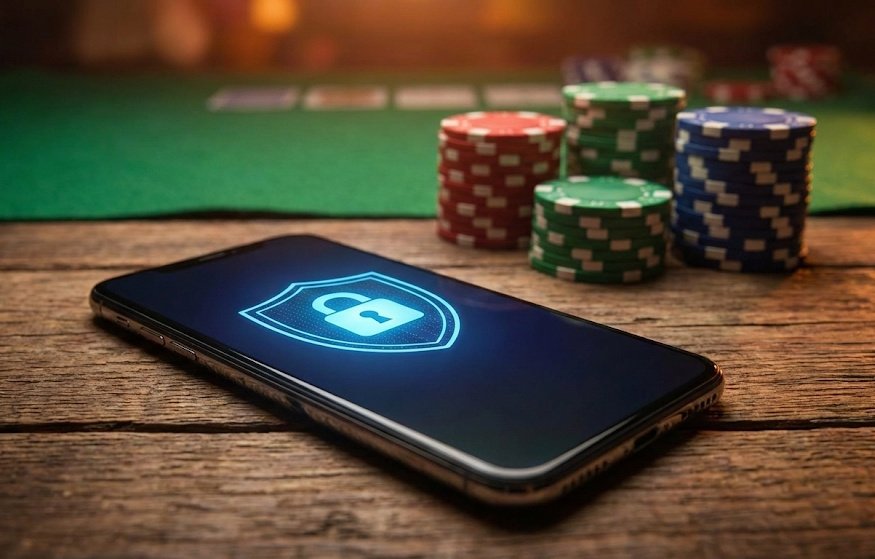
Leave a Reply